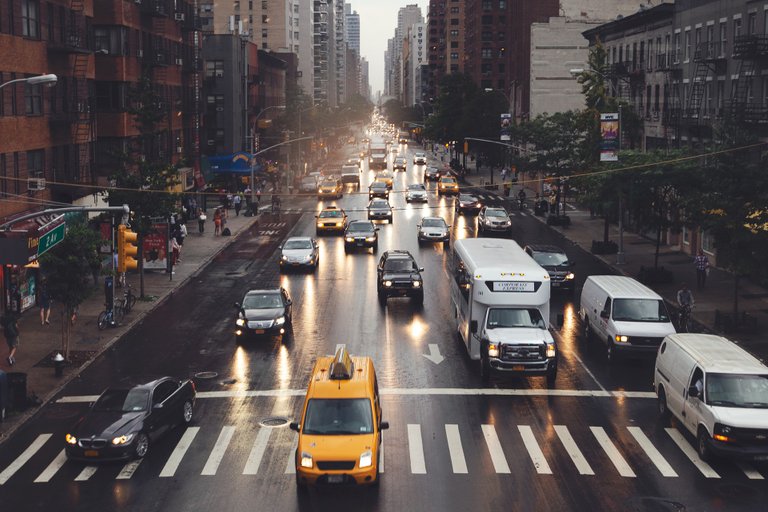Technology Rises to Address City Curb Congestion Due to a Rise in Ecommerce and Rideshare

Technology Rises to Address City Curb Congestion Due to a Rise in Ecommerce and Rideshare
https://www.nytimes.com/2022/08/24/business/curbside-management-cities-technology.html
https://www.populus.ai/white-papers/curb-and-mobility-management
Pixabay
City streets have become much more utilized for business and transporation purposes in the past decade. The rise in rideshare, curbside pickup, delivery, electric vehicle (EV) charging and more have overtaxed the traditional street grid system, and next-generation technology is being developed to help. “Curbside Mangement” software and technological solutions are being developed to bridge the gaps in an emerging city-grid overuse problem. City grids and streets were not designed to carry the current demand load placed on them by the explosion in ecommerce and delivery services, so technology must be used to assess and fix the issue utilizing a partnership between business and governments.
Large companies, some of the biggest on Earth including Amazon, Uber, Google and more have been using delivery and rideshare on increasingly more populated city streets. What was once a place to park in a major city like NYC, San Francisco has become a major source of productivity and now presents a problem for resource management.
Companies including Populus have been working on tracking and data anlysis modeling of city streets and curb usage. Companies are using GPS and real-time tracking of traffic patterns to help cities zone their curbs and prepare for future developments. Cities zone curbs based on usage, business utilization and density of traffic, and as the usage of rideshare and delivery companies has increased, their current zoning may not be up to date. Populus maps the usage and emergent use patterns using their data analysis and GPS tracking system and allows cities to use the data to properly zone curbs and streets.
Transportation of goods has increased as COVID-19 lockdowns necessitated remote work. This trend was increasing, but rideshare and delivery services exploded without the proper consideration for crowded streets. During the pandemic, food delivery doubled to a total market cap of $150 billion, which was well above the historical 8% annual increase in the service growth. The result of this growth has been an increase in traffic, pollution and a further tax on the roads and streets in cities around the globe. Technology companies are stepping up to the plate and working with governments to update and zone our busy streets. Populus has a curb and mobility service that uses data and artificial intelligence to move the needle on congestion issues.
What was once a place to park and unload passengers has become prime real estate for commerce. Governments and companies can work together to fix this issue, but it will take real-time data monitoring and a dedicated effort to fix this. Governments seek to make gains on increased tax revenue from services and decreased congestion on city streets.
Posted on Hive, Blurt and Steemit